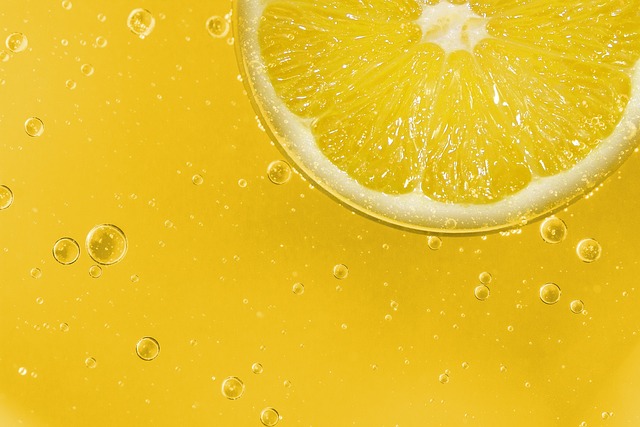As a parent, you want the best for your child, and that includes their gut health. Probiotics have gained popularity in recent years and have been shown to have numerous health benefits. But, when it comes to babies, which probiotic strains are safe and effective for your little one?
What are Probiotics?
Probiotics are live bacteria and yeast that are beneficial for your gut health. They are often referred to as “good” or “friendly” bacteria and can be found in certain foods and supplements. Probiotics work by restoring the natural balance of bacteria in your gut, which can be disrupted by factors such as antibiotics, a poor diet, and stress.
Benefits of Probiotics for Babies
Babies are born with a sterile gut and acquire their gut microbiome during birth and early childhood. A healthy gut microbiome is important for a baby’s overall health and can affect everything from their digestion to their immune system. Research has shown that probiotics for babies can have numerous benefits, including:
- Reducing the risk of colic
- Improving digestion and relieving constipation
- Boosting the immune system
- Reducing the risk of allergies and eczema
- Reducing the risk of respiratory infections
- Improving cognitive function
It’s important to note that while probiotics can be beneficial for babies, they should not be used as a substitute for medical treatment.
Safe and Effective Probiotic Strains for Babies
When it comes to choosing a probiotic for your baby, it’s important to select a strain that is safe and effective. Here are some of the most commonly recommended probiotic strains for babies:
- Bifidobacterium infantis: This strain is found naturally in the gut of breastfed babies and is thought to be one of the most important strains for a healthy gut. It has been shown to reduce the risk of colic and improve digestion.
- Lactobacillus acidophilus: This strain has been shown to be effective in reducing the risk of eczema and respiratory infections in babies.
- Bifidobacterium bifidum: This strain has been shown to improve digestion and boost the immune system in babies.
- Lactobacillus reuteri: This strain has been shown to reduce the risk of colic and improve digestion in babies.
- Streptococcus thermophilus: This strain has been shown to be effective in reducing the risk of respiratory infections in babies.
It’s important to note that there is no one-size-fits-all approach when it comes to probiotics for babies. Every baby is different, and their gut microbiome will develop at its own pace. It’s always a good idea to speak with your pediatrician before introducing probiotics to your baby’s diet.
Sources of Probiotics for Babies
Probiotics can be found in certain foods and supplements. Here are some sources of probiotics for babies:
- Breastmilk: Breastmilk contains naturally occurring probiotics, including Bifidobacterium infantis.
- Formula: Some formulas are fortified with probiotics.
- Probiotic drops: Probiotic drops can be added to breastmilk, formula, or food.
- Probiotic-fortified foods: Some baby foods and yogurts are fortified with probiotics.
It’s important to select a probiotic source that is appropriate for your baby’s age and needs. Always read the labels carefully and follow the manufacturer’s instructions.
Conclusion
Probiotics can be a valuable addition to your baby’s diet and can have numerous health benefits. Choosing a safe and effective probiotic strain and source is important for your baby’s gut health. As always, it’s a good idea to consult with your pediatrician before introducing probiotics to your baby’s diet.







